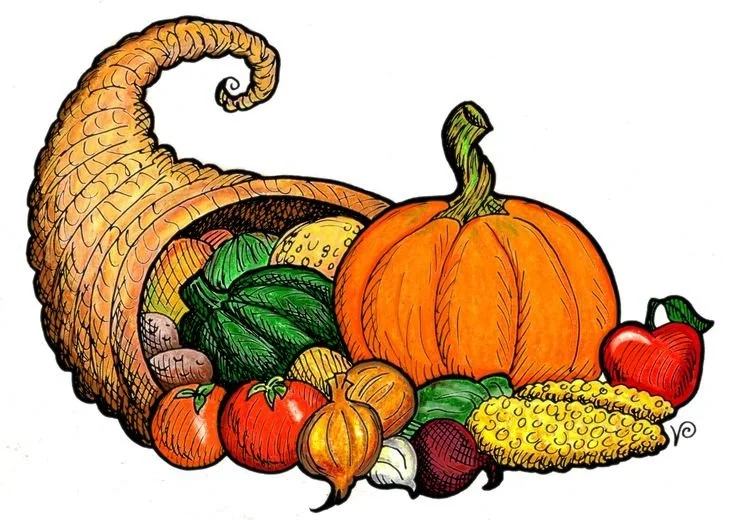Thanksgiving Prayer
Lord teach me to be thankful
We, have so much for which to give thanks:
(space for each person to list
those circumstances or items for which they are grateful)
As our fathers and forefathers have done
we take none of this for granted
And give our solemn thanks and gratefulness.
© November, 2025 Forrest W. Heaton
I advised my wife and partner on this blog, Mary, I was thinking about the topic of Thanksgiving for our next blog post. I asked her: What did she think the topic of our next blog post should be? Mary replied: “the book: “Wake Up Grateful.” Thus, what follows is a blend of the two.
The internet helps my definition of gratefulness vs. thankfulness.
When often used as synonyms, grateful and thankful have subtle differences: “thankful” is a more immediate situational emotion often expressed for specific favors or relief while “grateful” implies a deeper, more emotional, and long-term appreciation for kindness or benefits received. Think of “thankful” as a response to something good that happened or something bad that didn’t, and “grateful” as a deeper feeling of appreciation for a state of being, a relationship, or a significant life event.
The book is: “Wake Up Grateful” by Kristi Nelson, $13.22 paperback. An internet search advises: “this practical and inspiring program is filled with guiding principals, reflections and meditations for making gratitude a daily practice, especially during uncertain and challenging times.”
Concerning what matters most in living gratefully she describes five guiding principles as touchstones to which you can turn at any time: Life is a Gift, Everything is Surprise, The Ordinary is Extraordinary, Appreciation is Generative, and Love is Transformative.
Thanksgiving. A thanksgiving internet search written by Catherine Beckmann advises: “the United States celebrates Thanksgiving as a national holiday on the fourth Thursday in November. In 2025, Thanksgiving will be observed on Thursday November 27.” Quoting The Old Farmer’s Almanac she advises: “Thanksgiving is NOT about a pilgrim feast. Native Americans in North America celebrated harvest festivals for centuries before a Thanksgiving federal holiday was formally established in the United States. Colonial services for these festivals date back to the late 16th century. The autumnal feasts celebrated the harvest of crops after a season of bountiful growth.”
“In the 1600’s settlers in Massachusetts and Virginia held feasts to express gratitude for survival, fertile fields, and their faith. The Pilgrims in Plymouth, Massachusetts, had their Thanksgiving feast in 1621 with the Wampanoag Native Americans.”
“Of course the idea of ‘thanksgiving’ for the harvest is as old as time with records from the Egyptians, Greeks, and Romans. Native American cultures , too, have a rich tradition of giving thanks at harvesttime feasts, which began long before Europeans appeared on their soil. And well after the Pilgrims, for more than two centuries, individual colonies and states celebrated days of thanksgiving.”
Regarding the book, quoting Kindle: Kristi Nelson was “struggling with stage IV cancer at age 33. She knows how it feels to face dying but that very experience has taught her to speak with depth and weight when she is talking about living—grateful living. . . . She knows the deep joy that springs from simply being alive and she can show you ways toward finding joys in your own life. . . . Grateful living is passionate interaction with the world in all its excitement, vulnerability and risk.”
If you’ve not already read Nelson’s book, we encourage to do so.
The Thanksgiving Prayer above is included for you to consider ALL for which you are grateful and express your gratefulness aloud at your Thanksgiving table this year.
Beckmann, answering the question, How did the Pilgrims come to settle here? advises: “men and women from Scrooby, England were persecuted for separating themselves from the Church of England, they, as Pilgrims fled to Leiden, Holland. Upon the execution of separatist leader James of Barneveld there on May 13, 1619 they realized Holland was no freer than England and prepared to go to America.”
“After misadventures and farewells these102 brave souls departed on the the Mayflower on September 6, 1620. Having reached what now is Cape Cod “they then explored the lands along the bay formed by the peninsula. On December 22, after holding the first town meeting in America to decide where to build their homes, the Pilgrims went ashore at a site now called Plymouth Rock. There, on the shore above the rock, they settled. After 400 years, their descendants and those of the Puritans are still sailing along.
Having successfully completed their voyage, “the passengers created one of the most significant documents of American History, the ‘Mayflower Compact.’ The Compact was a constitution formed by the people—the beginning of popular government.”
If you, dear readers, are following this history as I am, perhaps you find yourself grateful we are living in the 1900’s & 2000’s and not the1600’s. Its also helpful to remember the accurate and actual history. Try to discourage re-writing history or fashioning it to satisfy political ideologies. Our democracy is hard fought for and hard won by brave souls. We need to be thankful and grateful!

